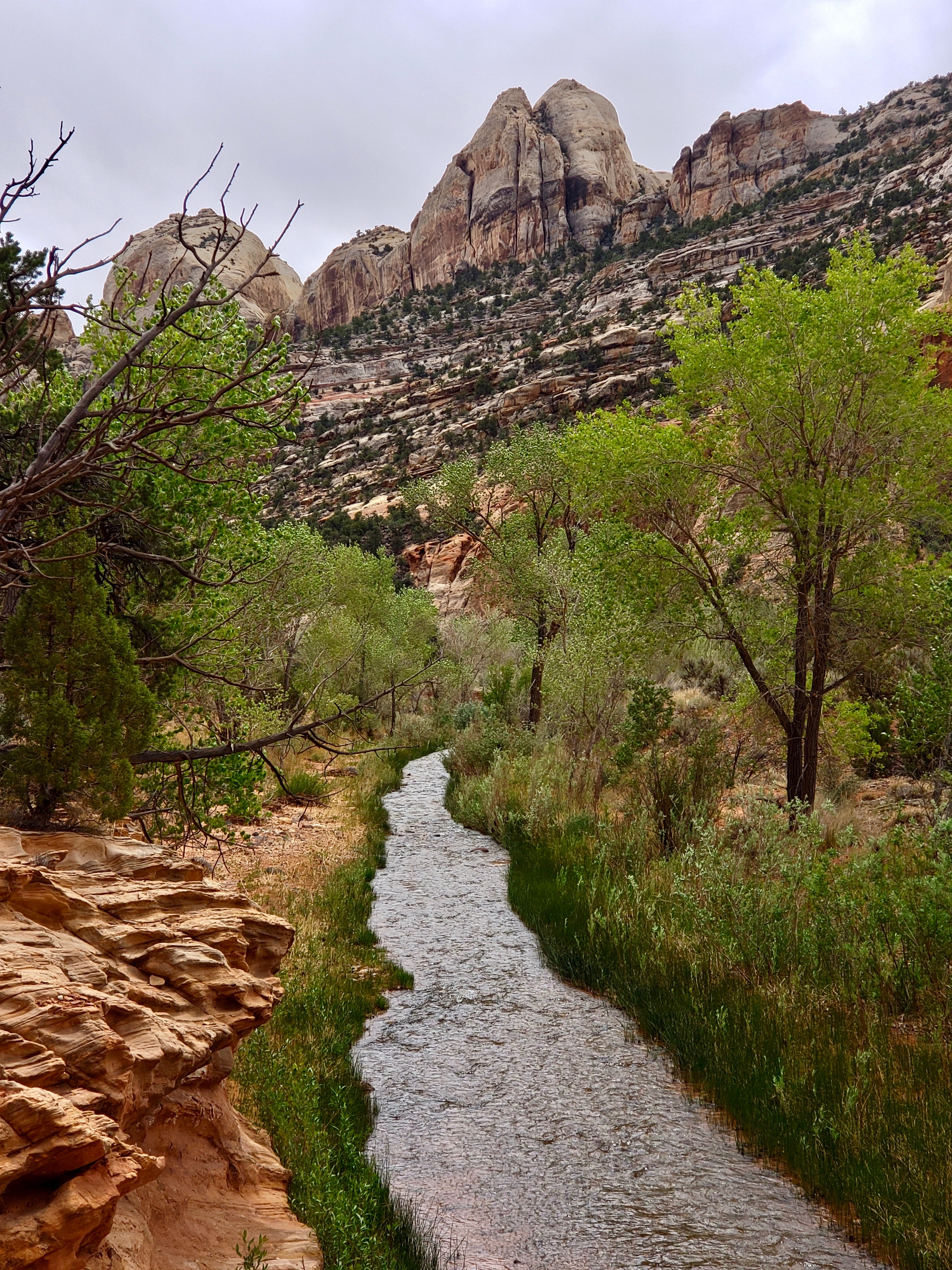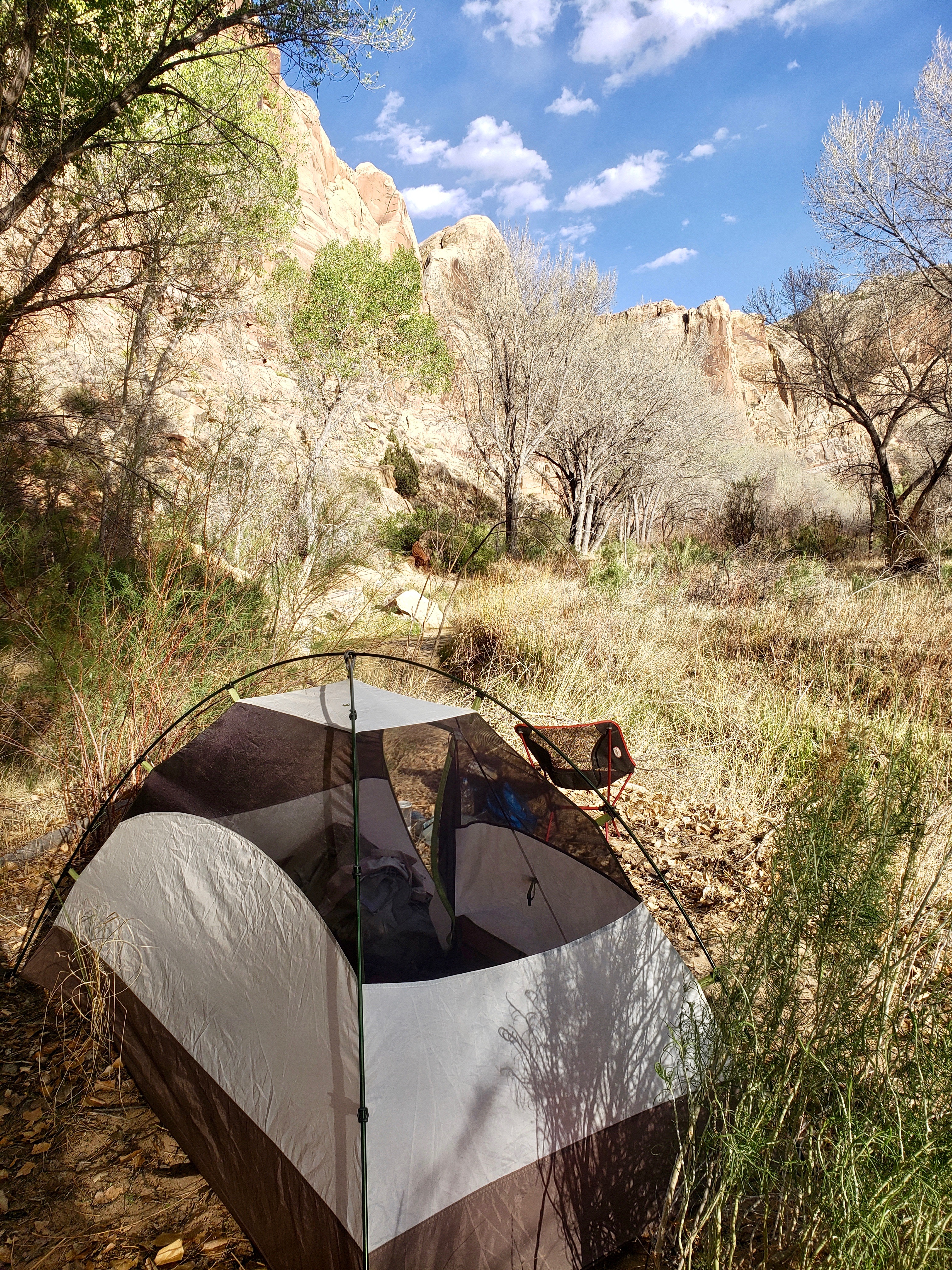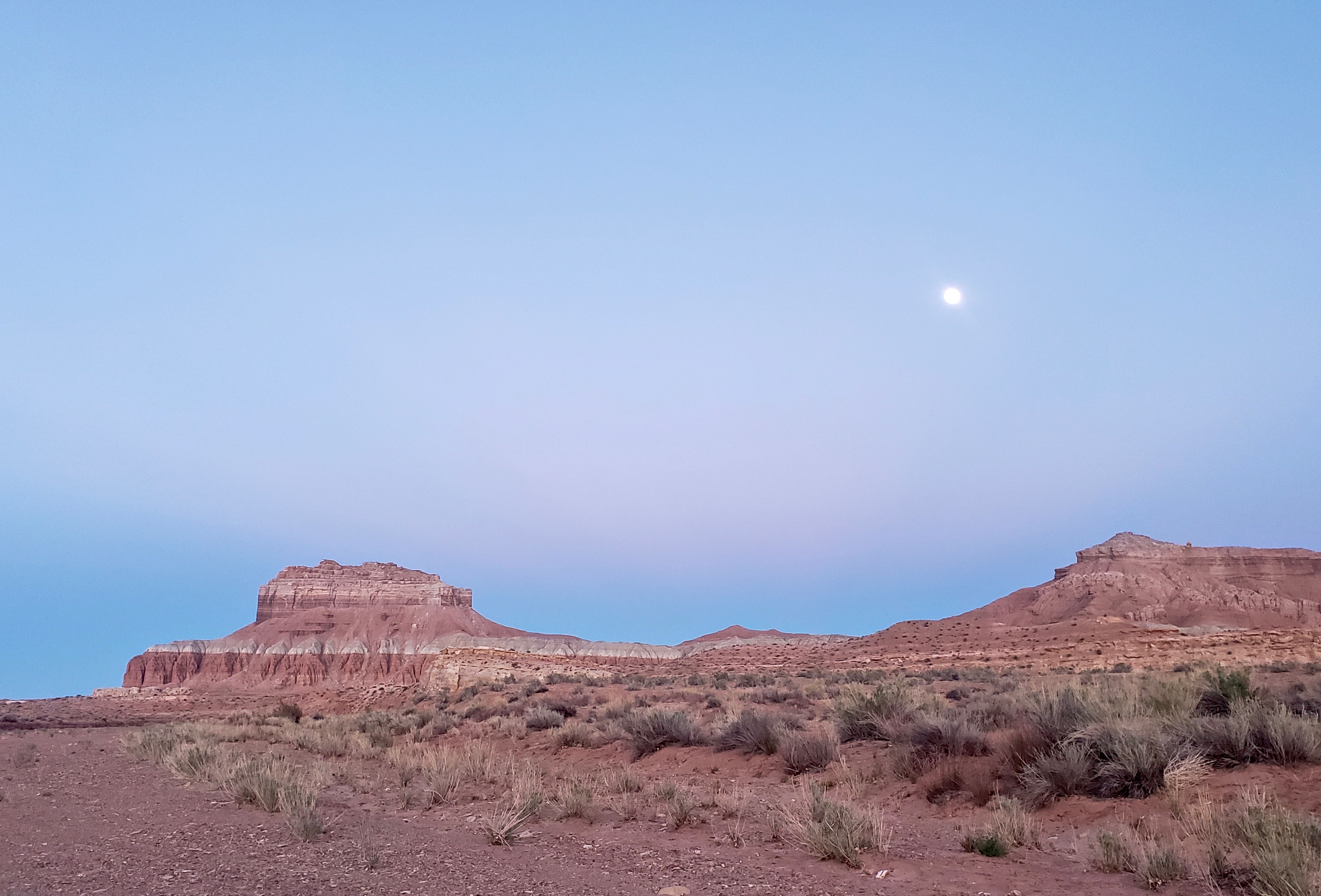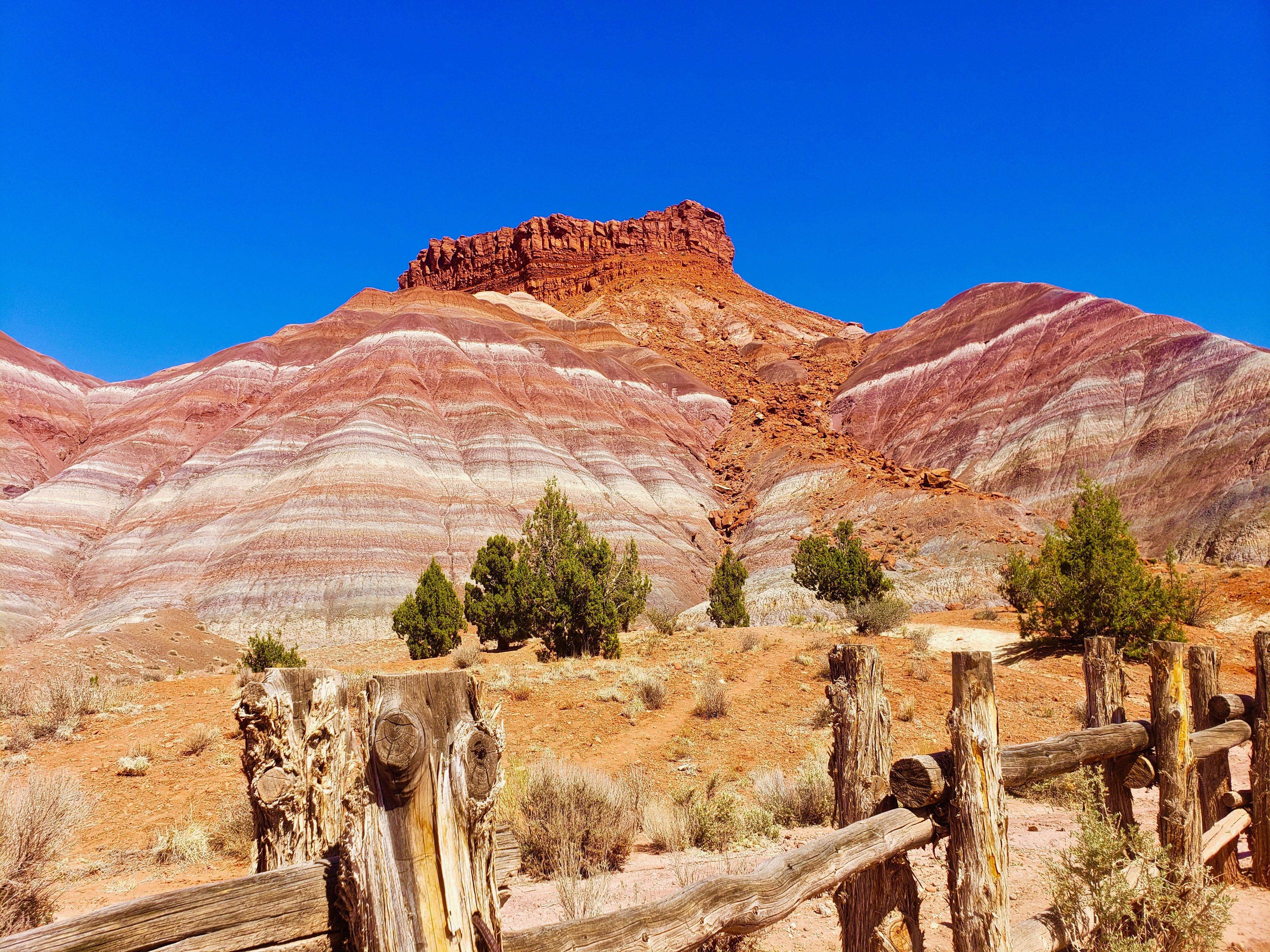Before enlightenment, chop wood and carry water.
After enlightenment, chop wood and carry water.
– Zen proverb
After enlightenment, chop wood and carry water.
– Zen proverb
Split a piece of wood, and I am there.
Lift up a stone, and you will find me there.
– Jesus, saying 77b, from the Gospel of Thomas
Lift up a stone, and you will find me there.
– Jesus, saying 77b, from the Gospel of Thomas
Last month, I announced I was going to take a short sabbatical. I spent three weeks hiking around southern Utah’s remarkable red rock desert country. One theme kept arising in my meditations as I gazed at the astonishing rock formations; the beautiful arid desert; the lonely mountains, the surprisingly lush creeks; the canyons as evidence of millennia of wind and water; and the hardy animal and plant life — all that I saw is Spirit, heart, and vitality.
It wasn’t even subtle. Every day, I felt bowled over by Spirit in that Is-ness of what I was seeing. Hellinger’s First Order of Love is Honor What Is, and every day I re-discovered the necessity and power of that commitment. There it is, and there is, and there it is. As am I.
I also re-discovered how much I love camp routines. I grew up for a time in a cabin where we didn’t have running water or electricity, so every day was marked by gathering water, trimming wicks, cleaning dishes on the deck, washing in cold water. Because of the nature of our cabin, I always knew what was going on with the weather — Wait, listen! The surf sound has changed! The direction of the wind is different. It’s going to get colder soon…
During this sabbatical, every night I slept in my tent or car. I warmed up my daily tea and oatmeal on a camp stove, brushed my teeth, tidied the car, maybe washed some “necessaries.” In contrast to my usual impatience with repeating daily chores in my life, I cherished these simple and important actions. They brought me to myself. And I always knew what was going on outside – Are those distant rain clouds getting bigger? Coming my way?
In these routines, I returned to myself. My energies settled, and even when I got frustrated – and of course I did – I could stay in rapport with my unfolding emotional states, and not go too far off course. The earth and the simplicity of my work was grounding me and keeping me in balance.
Which is all to say – I am a “chop wood, carry water” kind of spiritual person. The spirituality of the ordinary moves me deeply, and although I love elaborate ritual as much as the next person (give me Handel’s Messiah any day!), nothing moves and grounds me as much as the simple ritual of table, wine, bread, a few other folk, a good hymn, and remembering Jesus’ story.
As I experience it, my constellations work is an excellent context for this kind of spirituality. At its best, I am deeply moved by the simplicity of acknowledging the lost child, the defeated ancestors, the guilty forebear, the lingering influences of the systemically-powerful family soul on our own personal souls. By the impact of saying “I see you.” “I lived and you died.” “Please look kindly upon me.” “Thank you for my life.” I honor that this is when my work is at its best, and am honored to be able to invite others to celebrate this life-changing simplicity with me.
This is a bit ironic, because some of you may remember, I am still an Episcopal priest. That may cause others to assume that I have a very heightened view of Spirit. But from the beginning of my intentional spiritual journey, starting in my 20s, I’ve always been focused on the same kind of spirituality, the kind celebrated by and honored by the Christian mystics – that God is found in concrete experience, in concrete substance, by engaging full-heartedly with the most ordinary activities and routines:
A brother went to see Abba Moses and begged him for a word. The old man said, “Go and sit in your cell and your cell will teach you everything.” – Saying From the Desert Fathers & Mothers
What is your experience of finding the Divine? How do you make sure it’s grounded in the real, and in a humble relationship with all that is? And perhaps, thereby, finding your true excellence…If you have any stories to share, please post to my blog below!
Notes: 1) Again, these are my photos from Utah. Enjoy! 2) I attempted to find a better attribution for the oft-quoted “Zen proverb.” I found a few attributions, none of which I could confidently confirm. (Many attributions on the web are themselves the result of web searches that create a circular pattern that is pretty unreliable.) It may not be Zen, it may not even be genuinely Buddhist! Or, it may be. I obviously appreciate its wisdom, nonetheless.



